Representatives of a variety of United Nations (UN) agencies and non-governmental organizations have warned that the conditions in liberated areas of Mosul, Iraq, have made civilians extremely vulnerable to disease, dehydration, and famine, as the Iraqi military continues to barrel deeper into the city’s Islamic State strongholds.
“In many newly retaken areas, civilian infrastructure such as water and power plants, schools and hospitals are damaged and medical services often unavailable,” a joint statement signed by representatives 17 agencies and NGOs — including the UN Human Rights Committee, UNICEF, the World Food Programme, and Save the Children — reads. “Families go hungry due to lost livelihoods, disrupted food production and supply, and increased food prices at markets.”
The statement estimates that “nearly 59,000” people have been displaced as a result of the Iraqi military entering Mosul and removing the Islamic State’s stronghold on eastern neighborhoods, a little less than half of them children. Those who remain in liberated areas of Mosul struggling to find something to eat and safe living quarters are but a fraction of those affected, as many have begun to flee to surrounding areas, particularly the Kurdish-held communities east of Mosul and the Kurdistan Regional Government (KRG)’s territory.
The Kurdish outlet Rudaw notes that those living within Islamic State held territories are facing a long-term problem if they survive Mosul’s liberation; the children born in the city during the two-year reign of ISIS have no birth certificates or other legitimizing documents to prove they are Iraqi.
“The hospital gave us a piece of paper and said the government will do the rest,” the mother of a two-year-old born in Mosul told Rudaw. The head of Mosul’s health office before the Islamic State took over confirmed that the government has been unable to help the fleeing refugees with their paperwork: “We haven’t been able to issue any Iraqi documents for these children who were born since August 2014 since it has been difficult to establish their parents’ origin.”
The operation to retake Mosul, the Islamic State’s capital in Iraq and the nation’s second-largest city, began little over a month ago. A coalition of Iraqi soldiers, Kurdish Peshmerga forces, and mostly-Shiite Popular Mobilization Forces (PMF) militias have agreed to cooperate, with air support from the U.S.-led Western coalition, to encircle the city — Kurds in the east, Shiites in the southwest.
While the operations run by Shiite and Peshmerga forces were completed rapidly, the Iraqi army has taken more time to fully assert its control in the areas it is liberating — the forces not controlled by Baghdad only have permission to operate in Mosul suburbs, while the Iraqi military is currently sweeping urban areas within city limits.
The Iraqi army announced Friday that it is preparing to enter deeper into Mosul, into the eastern Qadisyiah 1 neighborhood. Rudaw cites Brigadier General Abdulwahab Saadi as confirming that the operations are moving out of neighborhoods the Iraqi military feels sufficiently controlled. Saadi expressed confidence in their ability to move forward.
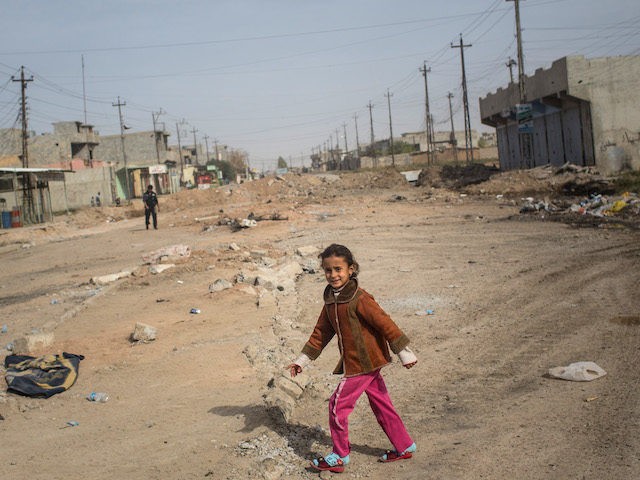
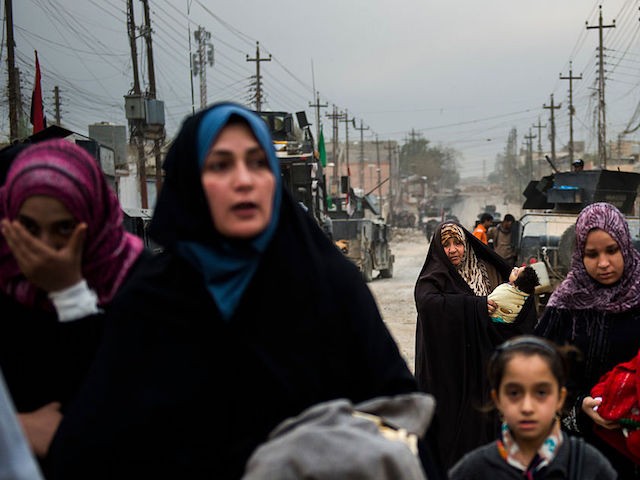
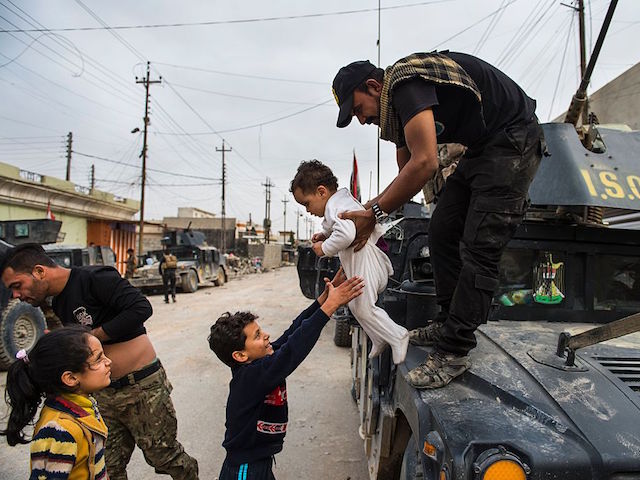

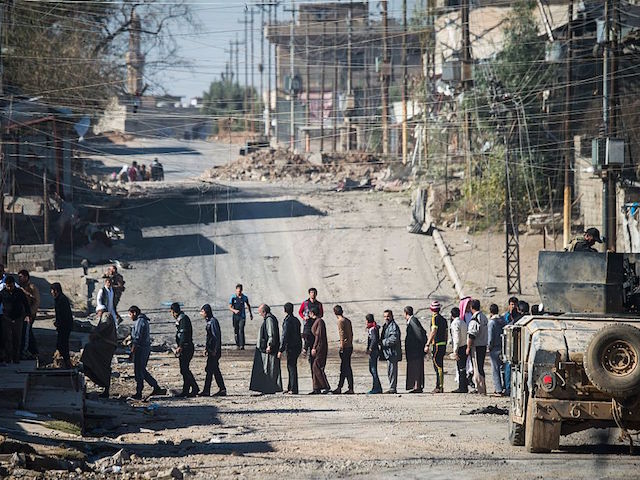
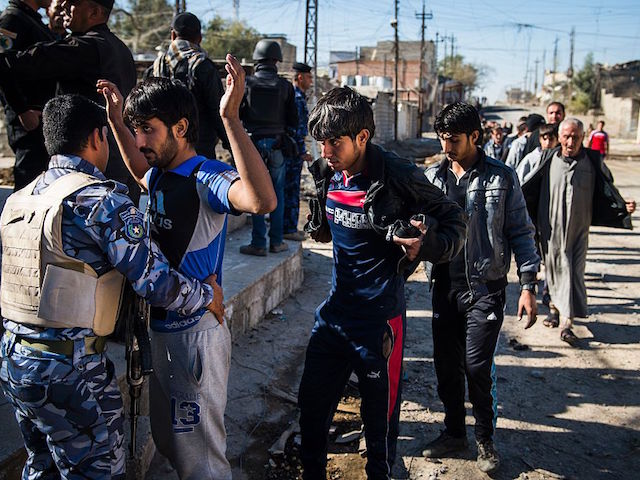
COMMENTS
Please let us know if you're having issues with commenting.